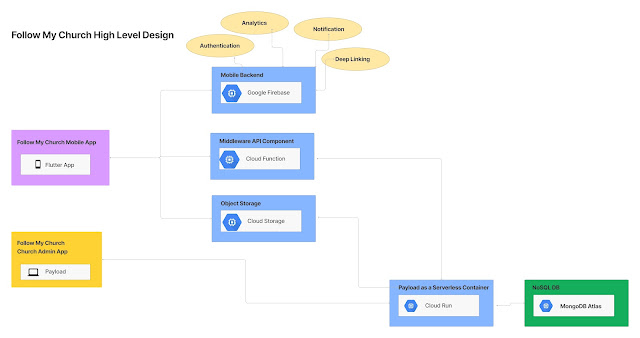Dynamic Routing in OSB
In this post we will see how to use OSB dynamic routing feature to
Route Request to different proxy/business service at run time.
To demonstrate how Dynamic Routing works, we will first create
two proxy service with Mocked response indicating which proxy service got
called.
We will have customer creation service, which creates the customer
either in CRMOD or OCH based on the parameter passed in request.
There will be 3 proxy services:
1. OCH proxy service :
a. URI : /proxy/ochCreateCustomer
This proxy
will return the mocked response i.e. “customer created in OCH”
2. CRMOD proxy service:
a. URI : /proxy/crmodCreateCustomer
This proxy will
return the mocked response i.e. “customer created in CRMOD”
3. Create Customer Orchestration service:
a. URI: /proxy/createCustomer
This proxy
receives request in any XML format, with the parameter indication where
customer must be created.
The
createCustomer proxy service route the request based on the value in
<destination> element i.e. OCH or CRMOD.
Now
let’s create OCHCreateCustomer proxy service:
1. Create the project
DynamicRouting.
2. Create folder
proxyservice
3. Create Any XML proxy
service as we are creating sample service.
4. Set Endpoint URI :
5. Create a message flow
and add the sample response stating the OCH proxy is called.
6. Duplicate the OCHCreateCustomer.proxy
to CRMODCreateCustomer.proxy
7. Change the URI to /proxy/CRMODCreateCustomer
and output to “Customer created in CRMOD”
Next step is to create the XSD schema “CreateCustomer.xsd”
Now let’s create the orchestration proxy service
i.e. CreateCustomer.proxyservice
Create this proxy service as Messaging Service
with request type as XML i.e. createCustomer and response as “text” as we just
want to check which service is called.
Now let’s add code to Dynamically route the
request based on the input.
1. Add route node
2. Add Dynamic Routing
option
3. Add below code in the
expression of the dynamic routing
<ctx:route>
<ctx:service
isProxy="true">{data($body/cre:CreateCustomer/cre:destination)}</ctx:service>
</ctx:route>
4. Export the project to
sbconfig.jar and import the same on OSB server.
Testing:
Now
let’s test the sample proxy service.
Send
request with full proxy URI
Request:
<cre:CreateCustomer
xmlns:cre="http://www.example.org/CreateCustomer">
<cre:fullName>John
Smith</cre:fullName>
<cre:destination>DynamicRouting/proxyservice/CRMODCreateCustomer</cre:destination>
</cre:CreateCustomer>
Response:
<?xml
version="1.0" encoding="UTF-8"?>
<cre:CreateCustomer xmlns:cre="http://www.example.org/CreateCustomer"><output>Customer created in CRMOD</output></cre:CreateCustomer>
<cre:CreateCustomer xmlns:cre="http://www.example.org/CreateCustomer"><output>Customer created in CRMOD</output></cre:CreateCustomer>
Request:
<cre:CreateCustomer
|
xmlns:cre="http://www.example.org/CreateCustomer">
|
<cre:fullName>John
Smith</cre:fullName>
|
<cre:destination>
|
DynamicRouting/proxyservice/OCHCreateCustomer
|
</cre:destination>
|
</cre:CreateCustomer>
|
Response:
|
As
we can see the request is routed dynamically based on the proxy service URL
send in the request.
The sample code can be downloaded here : DynamicRouting
The sample code can be downloaded here : DynamicRouting








